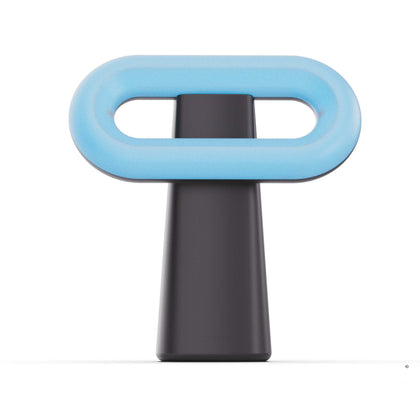
Shifting the dialogue: from sleep to circadian rhythms
|
|
Time to read 1 min
It wasn’t long ago that sleep was a neglected aspect of wellness. But times have changed. We’re now borderline sleep obsessed.
We compulsively track our sleep with smart mattresses, watches, and rings. We gulp down sleep supplements, tonics and even sleep ice cream. We’ve been hit by a tsunami of sleep solutions. Yet so many people are still struggling with sleep. Why?
Because most of these so-called sleep solutions ignore our underlying biology.
Humans evolved to use the changes in sunlight to sync our circadian rhythms with the natural environment. We rely on bright, blue light during the day (think blue sky) and darkness at night to keep our internal clock aligned with the earth’s day-night cycle. These spectacular biological clocks control almost every system in the body, from our sleep-wake cycle to our immune and cardiovascular systems.

But our modern lifestyles look nothing like the conditions for which our circadian biology is adapted. We spend most of the day inside dimly lit offices with little access to natural light. And at night, our retinas are blasted with an amount of blue light our ancestors could only dream of. From the lights in our homes to the devices in our hands.
The result: unparalleled sleep and circadian disruption. A study published in 2016 found that 87% of daytime workers suffer some degree of social jet lag: a condition that describes a chronic misalignment between one’s lifestyle and circadian rhythm. No mattress or smart tracker alone is going to fix that. Any real solution needs to place the timing of the light at its core.

If circadian rhythms are at the crux of our modern sleeping woes, then they need to be part of the solution. But there are signs that the pendulum is beginning to swing in favour of a more holistic view of circadian health.
In 2017, the Nobel Prize was awarded to scientists who uncovered the molecular workings behind our biological clock, sparking renewed interest in circadian rhythms. Researchers continually discover new and surprising ways the circadian rhythm influences our health—from vaccine efficacy to peak sports performance.
And a handful of companies globally are tapping the power of circadian timing. OSIN aims to be at the forefront of this change, using carefully calibrated and timed light to support your circadian rhythm. Yes, for healthier sleep. But also for the stronger immune system, mental clarity, and countless other benefits, circadian alignment brings.
So, will 2022 be the year the world finally wakes up to the importance of circadian rhythms?
We hope so!

